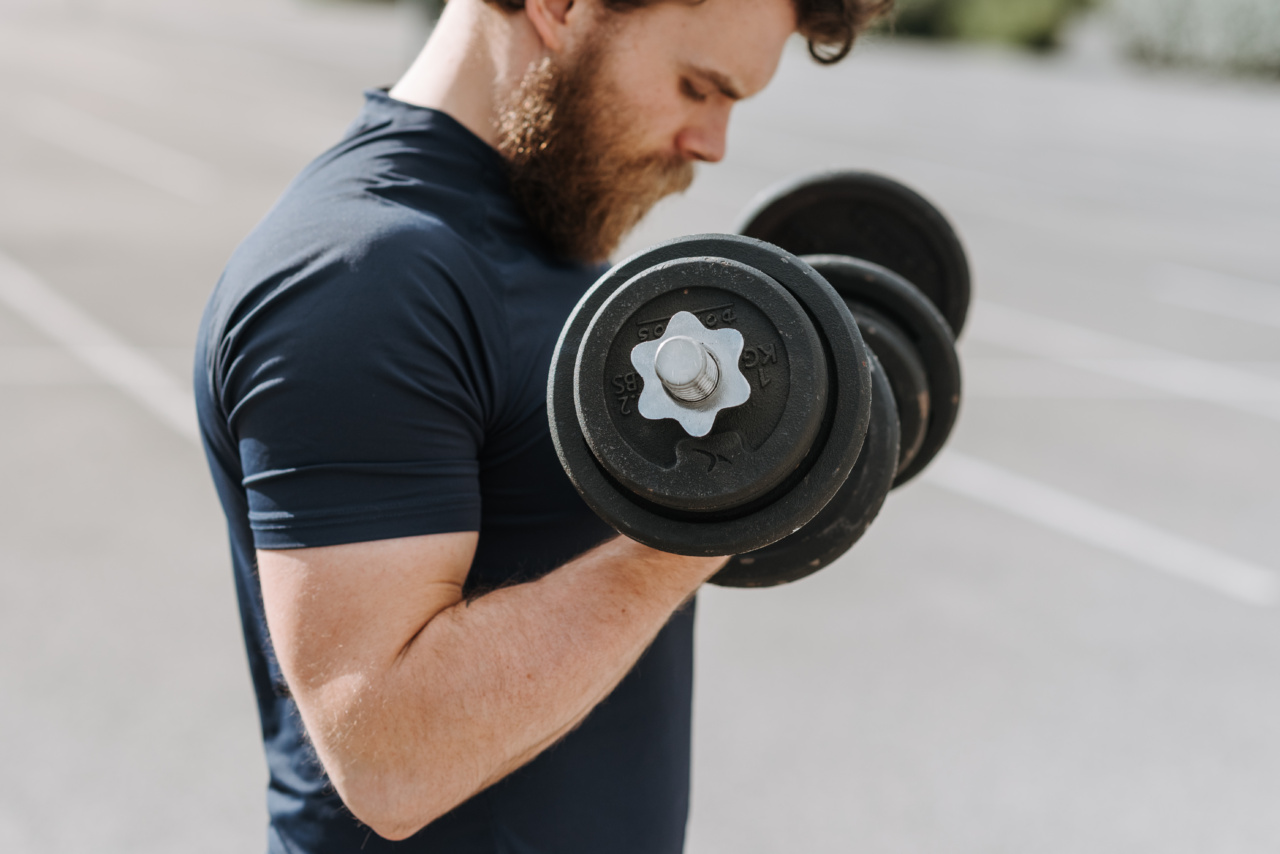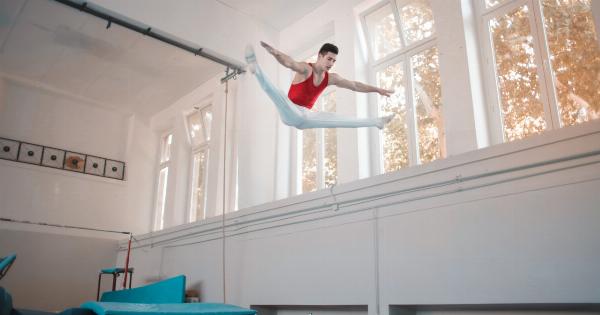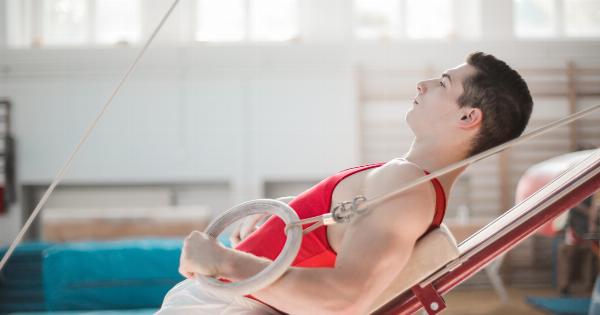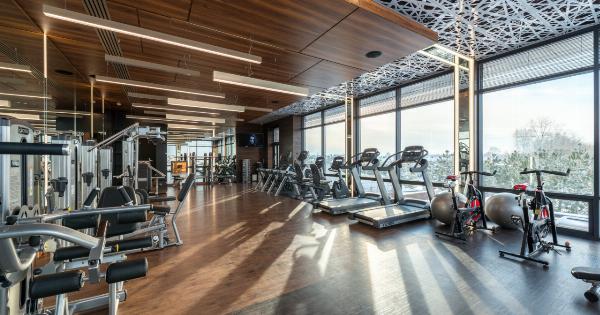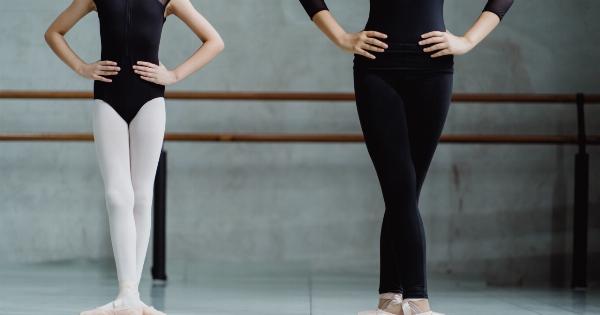Gymnastics is an incredibly demanding sport that requires strength, flexibility, and precision. Many gymnasts spend years training and dedicating their lives to mastering the difficult skills and routines that are required.
But what if there was a secret to making these incredibly hard gymnastics moves and routines seem easy? In this article, we will explore the key factors that can help gymnasts make the seemingly impossible, possible.
1. Strong Foundation
A strong foundation is crucial for any gymnast. This starts with building a solid base of strength and conditioning.
Regular strength training exercises specifically targeting the muscles used in gymnastics will help develop the necessary power and control required for advanced moves.
2. Flexibility
Flexible muscles are essential for gymnasts. The ability to achieve proper body alignment and execute large movements with ease relies heavily on flexibility.
Dedicated stretching routines can improve flexibility over time, making challenging moves more manageable.
3. Proper Technique
Mastering proper technique is key to executing difficult gymnastics moves effortlessly. Taking the time to learn and perfect the correct form for each skill will not only make it easier for gymnasts but also prevent injuries.
Coaches play a crucial role in ensuring that gymnasts are using the right technique throughout their training.
4. Mental Preparation
Gymnastics is equally a mental game as it is a physical one. Developing mental toughness, concentration, and focus can make a world of difference when it comes to performing difficult moves.
Visualization exercises, meditation, and positive self-talk can all help gymnasts overcome mental obstacles, making hard gymnastics seem more approachable.
5. Progression and Periodization
Effective training programs for gymnasts involve careful progression and periodization. Breaking down complex skills into smaller, more manageable progressions allows for gradual improvement and reduces the risk of injury.
Periodization involves structuring training cycles to optimize performance and peak at the right time, such as during competitions or important events.
6. Consistency
Consistency is key in gymnastics. Regular training, practicing skills, and sticking to a routine are crucial for improvement. Consistent training builds muscle memory, allowing gymnasts to perform demanding moves more effortlessly over time.
It’s important for gymnasts to stay committed and dedicated to their training schedules.
7. Proper Nutrition
A well-balanced and nutritious diet is vital for gymnasts. Consuming the right nutrients, such as lean proteins, complex carbohydrates, and healthy fats, provides the fuel necessary for energy, strength, and recovery.
Proper hydration is also essential for optimal performance and preventing injuries.
8. Sufficient Rest and Recovery
Giving the body enough time to rest and recover is crucial for gymnasts. Overtraining can lead to burnout, injuries, and hinder progress.
Prioritizing quality sleep, active recovery exercises, and taking regular rest days allows the body to repair and adapt, making hard gymnastics moves and training sessions more manageable.
9. Setting Realistic Goals
Setting realistic goals is important for gymnasts to maintain motivation and avoid frustration. Breaking down long-term goals into smaller, achievable milestones allows for a sense of accomplishment along the way.
Celebrating small victories keeps gymnasts inspired to continue pushing their boundaries and conquering challenging moves.
10. Mindset and Positive Attitude
Lastly, having the right mindset and maintaining a positive attitude can make hard gymnastics seem less intimidating. Embracing challenges as opportunities for growth and learning from failures rather than being discouraged is crucial.
A positive mindset can boost confidence and help gymnasts approach difficult skills with determination and resilience.
